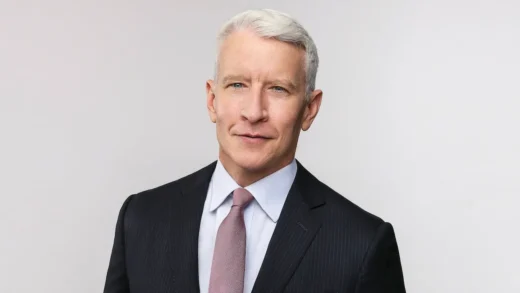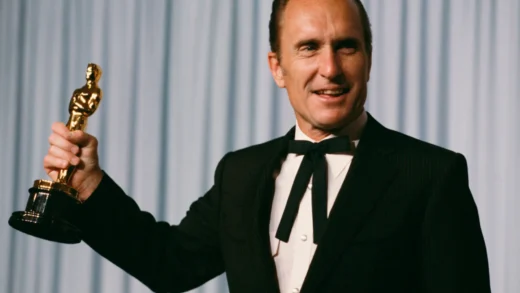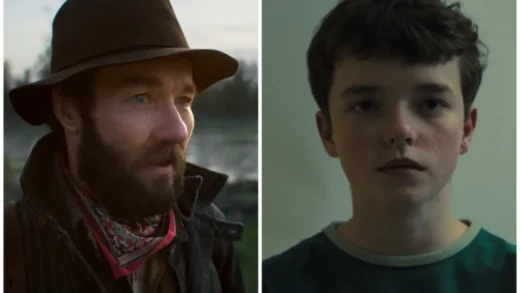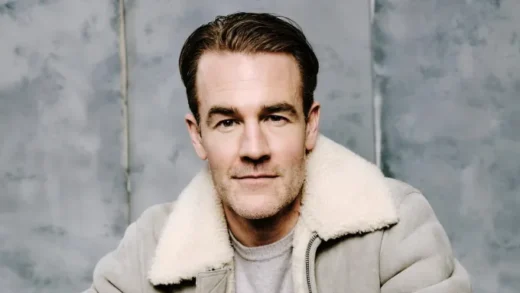In a strange twist of art and life imitating each other, the final episode of “Suits” features Meghan Markle walking down the aisle in a wedding dress. Awaiting her is not a British prince, but rather the lawyer Mike Ross (Patrick J. Adams), the romantic interest of Rachel Zane, a character that Ms. Markle imbued with a mix of charm, conscientiousness and grace over the show’s seven-year run on USA.
The appearance doubled as the capstone on Ms. Markle’s career. She has said she has given up acting to be a full-time royal, which will become official with her marriage to Prince Harry on May 19.
At first glance it seems like a scant acting legacy. But, as Rachel, she was a subtly influential force on a pulpy legal drama that quietly had one of the most diverse casts on television. Debuting in the role of the ingénue, Ms. Markle actively repositioned Rachel out of the eye- candy slot, and by the end, her character had become the show’s moral conscience.
With the departure of Rachel and Mike, gone to start a do-gooder firm in Seattle, “Suits” not only loses a fan favorite (Ms. Markle) and one of its leads (Mr. Adams, who is also leaving the show), it also risks sacrificing the nuanced themes of class, race and corporate outsiders that their characters came to represent.
Keeping in line with USA’s former “blue skies” motto, “Suits” never billed itself as a political show. Rather, it built itself around a surreal plot: Mike is a brilliant, scrappy, upstart lawyer at one of New York’s most elite firms who pretends to have graduated at the top of his class at Harvard Law School. Despite this implausible premise, the show’s lasting appeal for me was something equally unbelievable: “Suits” rarely called attention to the prominent roles that its African-American actresses played on the show.
Debuting in 2011 — a full year before “Scandal” — Jessica Pearson (Gina Torres), decked out in exquisitely tailored, textured dress suits, appeared as the managing partner at Pearson Hardman, and the African-American mentor of Harvey Specter (Gabriel Macht). Over time, she would eventually shepherd Rachel, the firm’s hardworking paralegal, into becoming a lawyer, making them part of a small group of women of color operating in the high echelons of corporate law on TV. And while “The Good Wife” (another legal drama I watched until the very end), would eventually address the absence of African-Americans in both its fictional Chicago law firm and its real cast in its final two seasons, “Suits” began with Ms. Torres and Ms. Markle as two of its three female leads. (USA is currently developing a “Suits” spinoff for Ms. Torres.)
(Excerpt) Read More in: The New York Times




